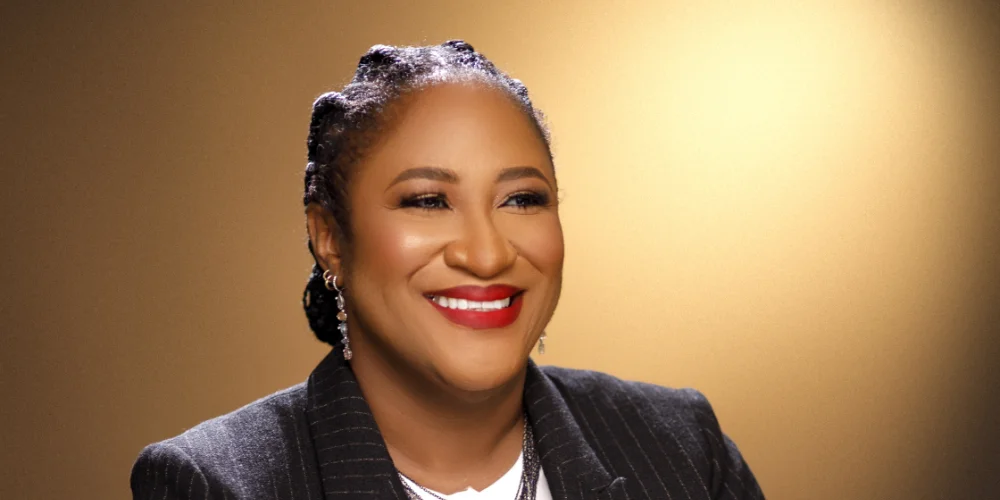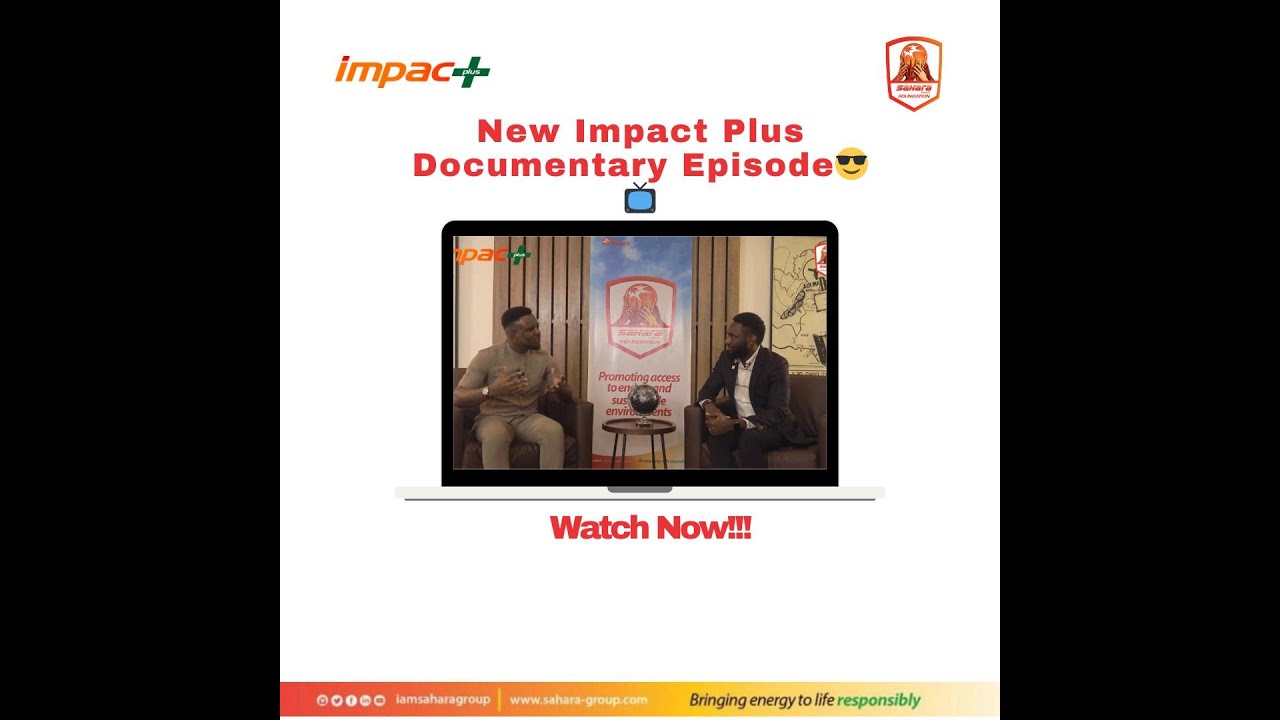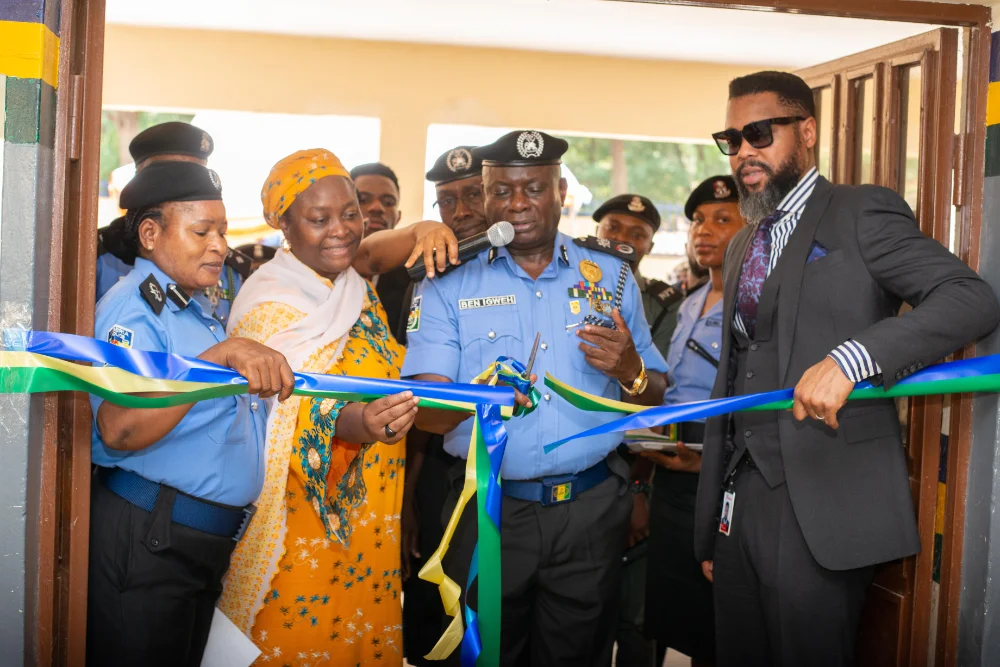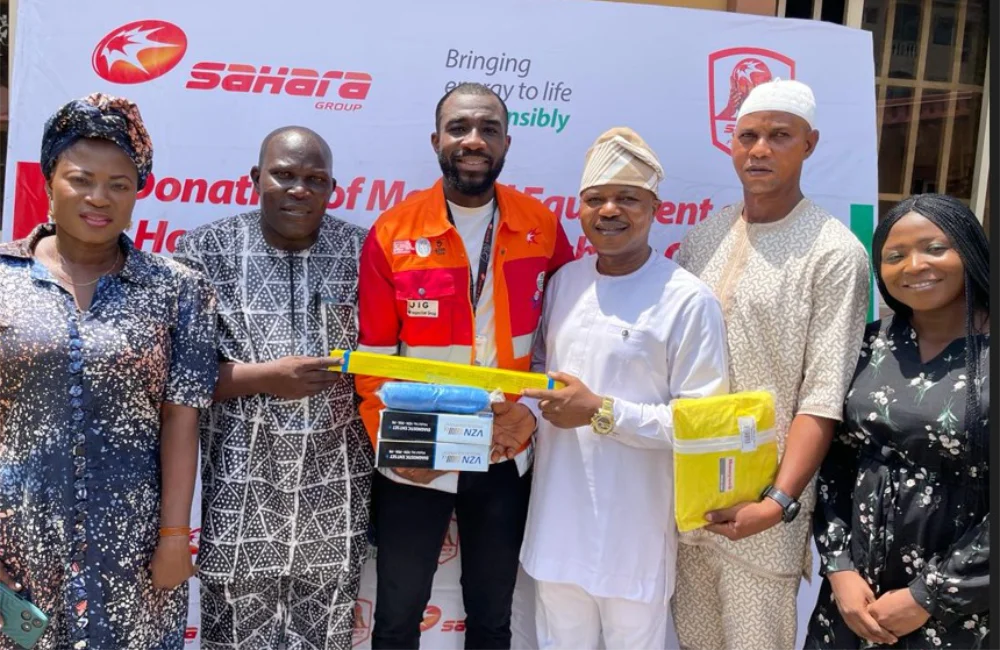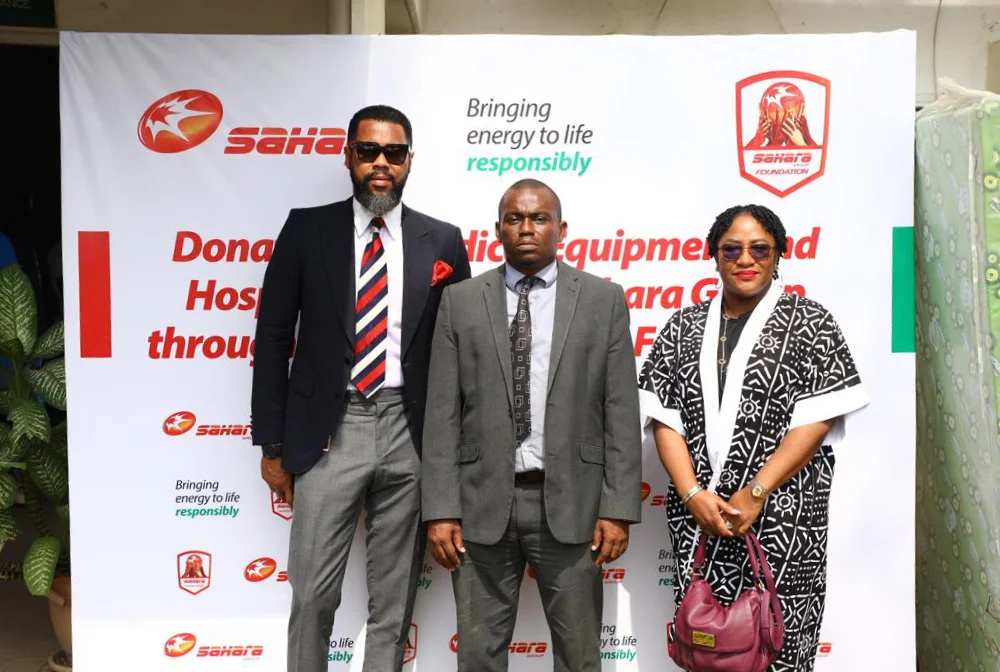Ejiro Gray is the Director, Sustainability and Governance, Sahara Group Ltd. In this interview, she said at Sahara Group Foundation, they believe in the continued development and growth of the African continent. She listed a number of programmes the organisation is helping to train and empower many young people across the continent. She also spoke on a number of issues including ways to attain energy access for all and the recent refreshed identity for the foundation. Excerpts.
Kindly you tell us about Sahara Foundation and what do you see as the legacy of the organization that is fueling the cause you promote?
Central to the raison d’etre of the Sahara Group, is the understanding that we are a critical bridge between demand and supply of energy, and a catalyst for transformative partnerships for development across developing countries/emerging economies. This “Bridge and Catalyst” mindset also sits at the core of our sustainability mandate as an organization. We understand sustainability to be the driving force for continuous innovation and improvement through the evolution of thought patterns, belief systems, and processes in business and society. Sahara Group Foundation is the corporate vehicle through which the Sahara Group’s social sustainability ambitions find expression in society. We have a mandate to positively impact lives and livelihoods, by translating global socio-economic objectives into practical life-changing experiences you and I, Joe Bloggs on the street, across society. The Foundation’s key commitment pillars for all interventions are to – Increase Access to Energy and promote Sustainable environments.
What are some insights that you can share with us behind your organization’s refreshed identity? And in what ways does this help strengthen the Foundation’s positioning as a force for good in society?
The Sahara Group has undergone some significant business expansion over the years, and in the same vein repositioning to better serve and create commensurate impact through our corporate Foundation. As such, this refresh allows us to reinforce our mission from a clarity standpoint and tell our impact story.
How is Sahara Group Foundation helping to increase energy access in Africa? And in your opinion, what are some important factors that can help Africa sustainably achieve energy access for all?
Our activities at the Foundation give expression to the social impact of our operations as an organization. At the heart of our business activities is the vision to be the responsible provider of choice wherever energy is consumed, and this in and of itself is an expression of our commitment as a responsible organization to closing the energy access gap through development of energy assets, as well as storage, supply and distribution of energy across the value chain. To ensure that our business activities have a positive impact on not just customers/consumers of energy, but that the goodwill extends by and large to the communities which we have made our home as a business, we are involved in various initiatives that drive clean energy to our communities. These include: Sponsorship and thought leadership of conferences and exhibitions for the promotion of sustainable energy solutions; Our flagship programmes such as STEAMERs and SIF that provide an enabling platform for upskilling, empowering and building creative confidence in young people as a development pipeline for sustainable solutions to technology and infrastructure development in Africa, as well as scaling up social impact businesses for sustainable impact and continuity.
A number of factors are and will be critical for helping Africa attain energy access for all. Of these factors, I believe funding remains paramount. Affordable funding of projects and infrastructure to drive development. Energy Demand is set to double by 2040, driven primarily by predicted population growth. If at this point we are still grappling with energy poverty on the continent, without adequate funding to drive investment to meet growing demand, we will be in dire straits. Bear in mind that the more developed the continent, the higher the energy demand to fuel and sustain that development. So whichever way we slice it, funding remains critical to attaining energy access for all. We must also leverage economies of scale and explore opportunities for regional collaboration/partnerships for energy security, which is also the mainstay of energy access for all.
The technology to drive and sustain renewable energy is not being developed at the pace required to aggressively drive energy transition. As such Gas remains an important energy source to plug the intermittencies that come with the use of renewable energy at this point. Pending when the energy storage technology attains the level of maturity that can sustain grids without baseload gas generated power. Further, critical to the proliferation of clean cooking technology (electric and LPG) is the infrastructure to boost supply i.e. processing facilities, pipeline network and storage, etc for supply and distribution for industrial and domestic use. Of course, in all of these, it is important that key investments are being made in the area of research and development, to fast-track technological advancement for clean, sustainable energy for now and the future.
Sustainable Environment is a focus pillar for the Foundation. In what ways is the Foundation inspiring the rise of sustainable environments across its host communities?
The foundation does not have host communities – the Sahara Group does. However, the Sahara Group Foundation has been instrumental in promoting sustainable environments by boosting improved security in our communities through renovation of police stations and provision of clean energy in the form of solar power, and provision of clean energy to hospitals/health centres. Development of recycling hubs across local government areas in Lagos state to address waste management which can be a significant impediment to adaptation to the effect of climate change on the environment and provide a source of livelihood for collectors. Promoting innovation and development through STEAMERS and SIF programmes. All these initiatives are aimed at improving our society for now and the future through key parameters: security, healthcare, waste management, and innovation.
You recently announced a tripartite agreement between LSETF and Wecyclers to roll out recycling hubs across Lagos state. How much of an impact do you think partnerships like this can have in helping to accelerate sustainable development? And is Sahara Foundation looking to replicate such public-private partnerships across other locations? This partnership sits at the intersection of responsible environmental stewardship and economic empowerment. This partnership will contribute to improving lives and livelihoods in low-income communities in Lagos State, towards the promotion of sustainable environments. One of the challenges we have across the globe and more specifically developing countries is the issue of waste management, in particular, plastic waste. It is affecting our waterways, biodiversity and drainage systems. We often talk about how Africa is significantly impacted by climate change and one of such way is this issue of waste clogging our waterways, and non-biodegradable waste causing immense damage to marine life through poor waste management that settles on the seabed.
We are creating an ecosystem through which individuals in our communities are encouraged to drive behavioural change and at the same time, derive tangible benefits from what is essentially environmental consciousness. The financial value derived comes in the form of monetary payments or health insurance for beneficiaries from a points-based system.
The potential impact of such an initiative across Africa is immense. Economic empowerment/Job creation, industrialization through manufacturing using recyclable waste, thereby also promoting a circular economy. The impact of promoting circularity will be seen in the reduction of environmental damage, reduction of pollution as a result of poor waste management systems, and resource efficiency in managing our natural capital.
One of the expected outcomes of this project is to establish a successful model for the implementation of recycling projects in different locations. As such, the success of our rollout plan and the right structure to support the sustainability of the project will determine the scale and scope of replication and implementation in other locations.
Young Africans are at the forefront of Africa’s creative and social entrepreneurship economies. How is Sahara Foundation helping to equip and empower Africa’s young population to achieve their maximum potential and in turn positively impact Africa’s development?
The African youth population is critical to Africa’s development. And through programs like the Sahara Impact Fund, the Sahara Investment Readiness Klinic, and even the Sahara STEAMers programme, we are helping to train and empower many young people from across Africa to identify problems affecting our society and solve them.
At Sahara Group Foundation, we believe in the continued development and growth of the continent, and to this end, upskilling and empowering young Africans through capacity building and sustainable impact projects is essential to who we are.
How would you summarize the general impact your organization’s programs and activities have had in the lives and livelihoods of your beneficiaries and host communities?
Our corporate social responsibility investment is targeted at improving access to energy and promoting sustainable environments. Impact for us simply put means to help transform lives and Inspire the rise of sustainable communities for today and future generations.
Across Africa, SGF has renovated several health centres and police stations. We are empowering many young African social entrepreneurs with the skills and funding they require to accelerate their businesses, therefore impacting their lives and society.
Through STEAMers, we are supporting the emergence of high-potential future innovators capable of advancing Africa’s future development. And with our Go-recycling project, we are helping to build a movement of environmentally conscious people who would help protect and preserve, our environment.
Impacting lives and livelihoods directly and indirectly is always our goals, and through our programs and strategic partnerships, we are helping to make a significant difference across our host communities.
Credit: www.businessday.ng



